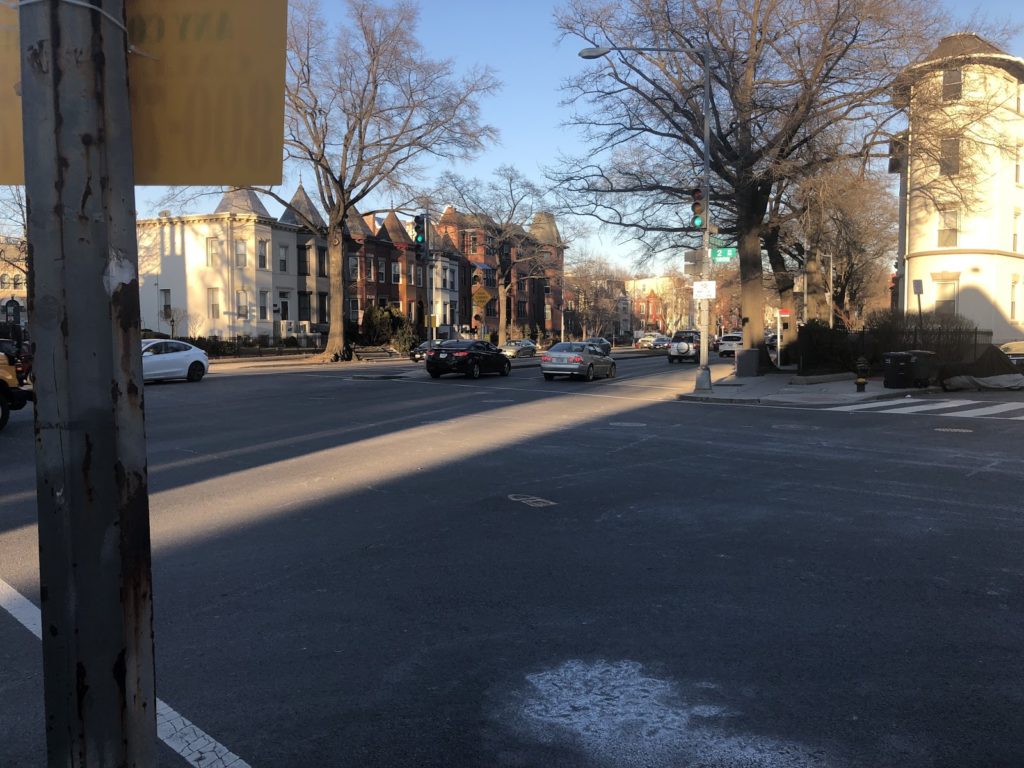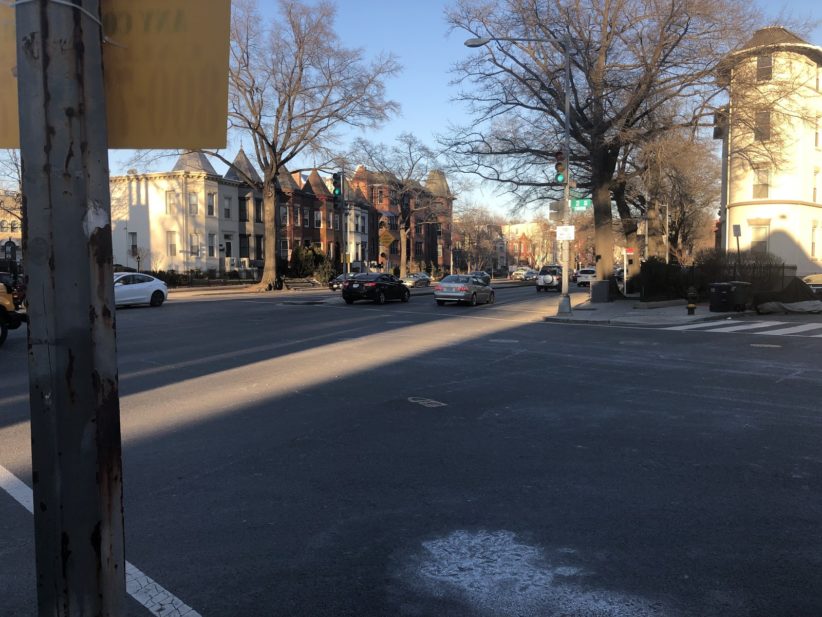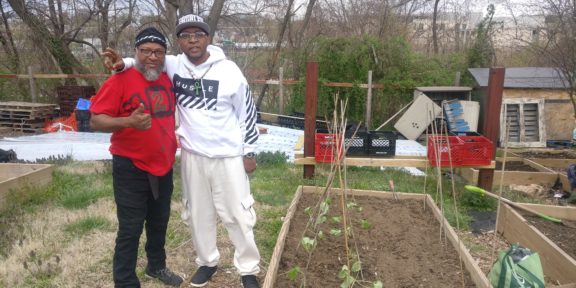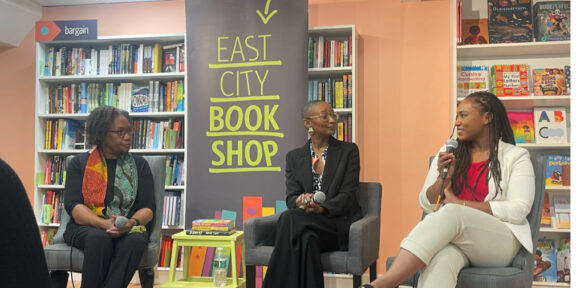Housing for homeless families is a responsibility that the Sinai Assisted Housing Foundation accepts every day of the year.
According to DCHealthMatters, 10.33% of families with children live below poverty in the District of Columbia. Out of this number, 17,308 families call Ward 5 home. The District of Columbia, where temperatures dipped into the teens, is one of three jurisdictions in the country that provides a legal right to shelter in hypothermic weather conditions.
“There’s a homeless woman that I’ve seen every day for the past three to four years. I bring her food, blankets, anything to help her out, really. Everyone looks out for her; she’s a part of my community. She doesn’t have anywhere to go when it’s cold like this. She sleeps outside,” said D.C. resident Tarsha Lyons.
Because 5.41% of families with children live below poverty in Ward 5, the harsh reality is that due to an unforeseen crisis, any family living below poverty could experience homelessness.

Since 1992, unlike many homeless shelters that provide housing during the night hours, Sinai
House, located in the Bloomingdale neighborhood of Ward 5, accommodates four families for two years while they work to achieve financial, educational and mental health goals.
Sadija Smiley, Executive Director of Sinai Assisted Housing Foundation, said, “Some of the other homeless programs have strict requirements around residency and their definition of
homelessness. So ours is just, you know, you could be in an overcrowded home, you could be literally homeless, you can be couch surfing and sleeping in your car, or you could just be living with your mom, and you had a baby, and there’s not enough room for y’all.”
Since opening its doors more than two decades ago, Sinai House has provided 44 families, including 84 children with keys, and a safe space to call their own. Sinai House refrains from overloading residents with rules typically of other transitional housing, like a curfew. The only mandated requirements are that the residents attend school while working at least a part-time job and attending weekly counseling sessions and meetings.
Sinai House not only fights homelessness, but also sheds light on financial and educational literacy, something that is often overlooked in communities of poverty.
“We’re going for more of a holistic approach,” said Smiley. We don’t want to only provide shelter and food, because then there’s nobody to help them with their mental health. There would be no one helping them find a job and addressing some of the other barriers. Once you have a stable place to live, then you can address some of these other things.” said Smiley.
There are several reasons that a person living in the District may experience homelessness.
Executive Director and Founder of non- profit Sasha Bruce YouthWork Deborah Shore says, “It’s really expensive to live in this city. There’s barely any affordable housing, and so it just drives everything.”
“The city has jobs that are being developed, that are highly technical or highly professional. But there are people that don’t have those skills. This leads to there being a great number of people who are increasingly locked out and losing ground,” Shore continued.
What action can the city take to prevent homelessness? Shore believes early prevention is key. “It’s really important to take youth homelessness particularly serious; it’s where it begins. So if you could derail and change the course of a young life, you’re doing something powerful just in the immediate future. I think the city has finally gotten to that.”
While Sinai Assisted Housing Foundation hopes to “work themselves out of a job” and
potentially end homelessness altogether, they understand that there will always be challenges and trials. The foundation’s goal is to live by its motto of “ending homelessness one family at a time.”





